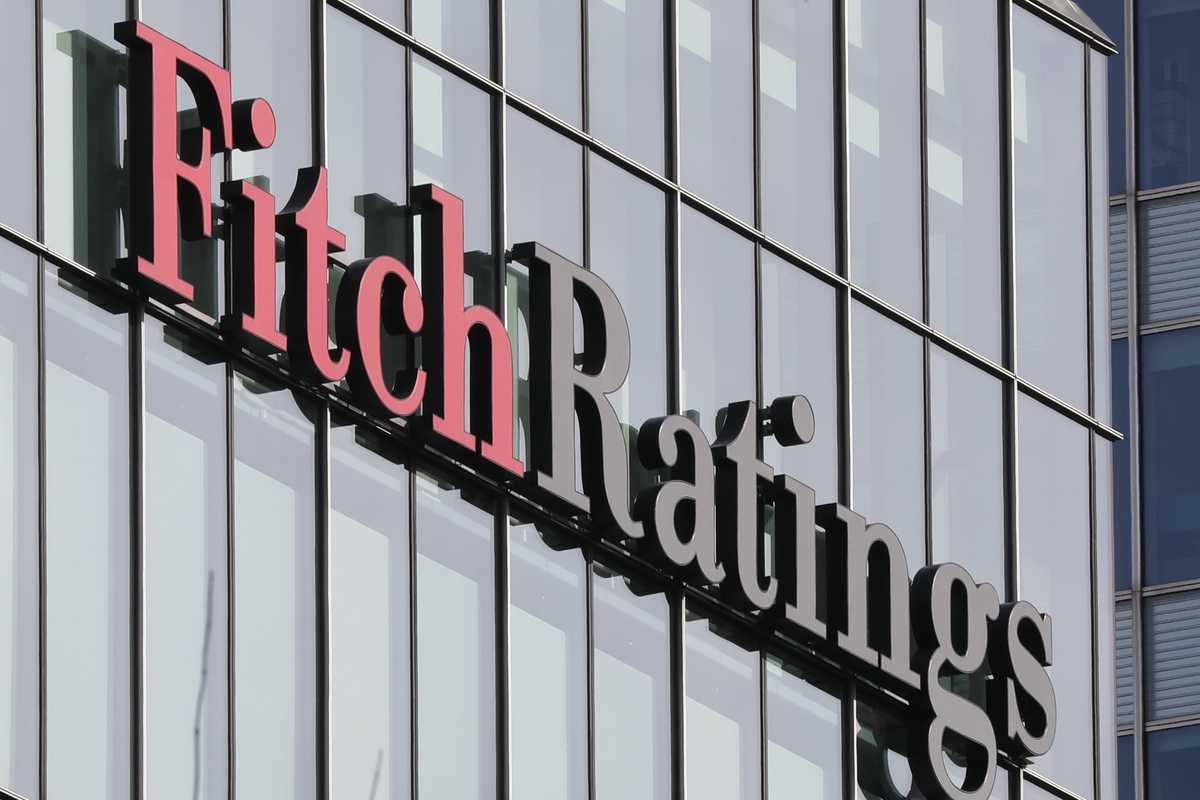Fitch highlights Pakistan's economic gains, calls for continued reforms
Lower policy rates and increased foreign reserves among key improvements cited by Fitch
Business Desk
The Business Desk tracks economic trends, market movements, and business developments, offering analysis of both local and global financial news.

Fitch headquarters in New York
Shutterstock
Fitch Ratings has recognized Pakistan's progress in stabilizing its economy and rebuilding external buffers, while stressing the importance of continued structural reforms to secure future financing. In a report, Fitch highlighted the country's success in curbing inflation and stimulating economic activity.
The State Bank of Pakistan's recent reduction of the policy rate to 12% reflects the significant drop in consumer price inflation, which fell to just over 2% in January, down from nearly 24% in the previous fiscal year. Fitch attributes this rapid disinflation to the fading effects of past subsidy reforms, exchange rate stability, and tight monetary policy.
"Economic activity, having absorbed tighter policy settings, is now reaping the benefits of stability and falling interest rates," Fitch stated, projecting 3% real value added growth in the current fiscal year. The report also noted positive growth in credit to the private sector.
Pakistan's current account has moved into a surplus of approximately $1.2 billion in the first half of the fiscal year, a significant turnaround from the deficit in the previous year. This improvement is attributed to strong remittance inflows, robust agricultural exports, and tight monetary policies.
Foreign exchange reserves have surpassed targets under the country's $7 billion IMF Extended Fund Facility, reaching over $18.3 billion by the end of 2024. However, Fitch cautioned that reserves remain low relative to funding needs, with over $22 billion in public external debt maturing in the current fiscal year. The report anticipates that bilateral partners will roll over nearly $13 billion in deposits, as pledged to the IMF.
Securing sufficient external financing remains a challenge, given large debt maturities and existing lender exposures. While the government has budgeted for around $6 billion in multilateral funding, a significant portion will refinance existing debt.
Progress on fiscal reform has been made, though with some setbacks. The primary fiscal surplus has outperformed IMF targets, but federal tax revenue growth has fallen short of expectations. Fitch noted the recent legislation of higher agricultural income taxes by all provinces, a key structural condition of the EFF, but acknowledged delays in implementation.
Fitch reiterated that positive rating action could be driven by a sustained recovery in reserves, further easing of external financing risks, and fiscal consolidation aligned with IMF commitments. Conversely, deteriorating external liquidity, such as delays in IMF reviews, could lead to negative rating action.
Finance Minister Muhammad Aurangzeb has expressed optimism that these positive economic trends could lead to an upgrade in the country's sovereign rating to a single B category.
During an event by the Pakistan Business Council, Aurangzeb mentioned that inflation has gone down, the State Bank of Pakistan has reduced the policy rate, and foreign exchange reserves have grown to $13 billion. He described this as an important achievement for the economy and expressed hope that it could lead to an improved sovereign rating if things continue to go well, after which Pakistan could access international debt markets.







Comments
See what people are discussing